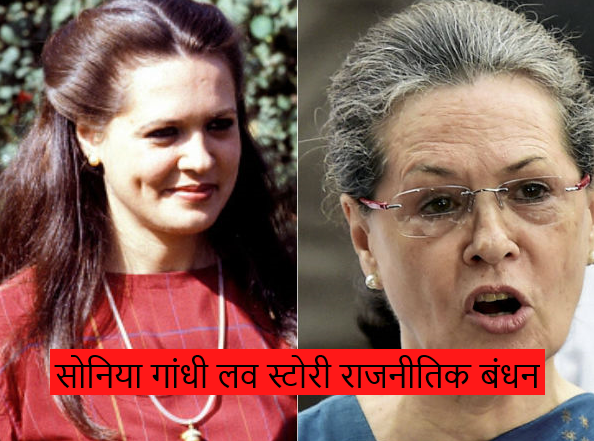
Early Involvement:
- Sonia Gandhi’s formal entry into Indian politics began in the late 1980s and early 1990s, following the assassination of her husband, Rajiv Gandhi, in 1991. Initially, she remained largely in the background, supporting the Congress party and its leaders.
President of Indian National Congress:
- Sonia Gandhi became more actively involved in politics in the late 1990s. In 1998, she formally entered the Indian National Congress (INC) and took on a more prominent role within the party.
- In 1998, she was elected as the President of the Indian National Congress, succeeding Sitaram Kesri.
2004 General Elections and Leadership:
- Sonia Gandhi played a crucial role in leading the Congress party to victory in the 2004 general elections. Despite expectations that she would become the Prime Minister, she declined the position and instead nominated Manmohan Singh for the role.
- As the President of the Congress party, she continued to wield significant influence over party decisions and policies.
Role in UPA Governments:
- During the United Progressive Alliance (UPA) governments led by Manmohan Singh (2004-2014), Sonia Gandhi was a key figure in shaping the coalition’s policies and agendas.
- She chaired the National Advisory Council (NAC), which played a crucial role in formulating and recommending social and economic policies.
Continued Leadership and Influence:
- Sonia Gandhi remained the President of the Indian National Congress through multiple terms, steering the party through various electoral challenges and internal reforms.
- She has been instrumental in forging alliances with other political parties and maintaining the Congress party’s position as a significant political force in India.
Recent Developments:
- In 2017, Sonia Gandhi stepped down as the President of the Congress party, passing the baton to her son, Rahul Gandhi. However, she continues to be a guiding force within the party and is involved in key decision-making processes.
- Despite stepping away from the presidency, Sonia Gandhi remains an influential figure in Indian politics, often called upon for her experience and strategic insights.
Foreign Origin Controversy:
- One of the significant controversies surrounding Sonia Gandhi has been her foreign origin. Born in Italy, she became an Indian citizen in 1983, but this issue has been periodically raised by political opponents.
Role in Policy Formulation:
- As the chairperson of the National Advisory Council (NAC) during the UPA government, Sonia Gandhi played a crucial role in advocating for and shaping policies related to social welfare, rural development, and rights-based legislation such as the Right to Information (RTI) Act and the Mahatma Gandhi National Rural Employment Guarantee Act (MGNREGA).
Congress Party’s Electoral Strategies:
- Under Sonia Gandhi’s leadership, the Congress party has employed various electoral strategies, including coalition-building, outreach to diverse communities, and campaign management, aiming to maintain its political relevance across different states in India.
Health Concerns and Temporary Withdrawal:
- Sonia Gandhi has occasionally faced health issues, prompting temporary withdrawals from active political engagements. Despite these setbacks, she has consistently returned to lead the party and participate in crucial political decisions.
Legacy and Impact:
- Sonia Gandhi’s legacy in Indian politics is marked by her resilience, strategic acumen, and commitment to inclusive governance. She is often credited with keeping the Congress party united during challenging times and fostering a broader coalition politics approach.
Family Legacy and Political Dynasties:
- Sonia Gandhi belongs to the Nehru-Gandhi family, which has played a central role in Indian politics since independence. This dynastic aspect of her leadership has both supporters who value continuity and critics who question the concentration of power within a family.
Cultural and Social Initiatives:
- Beyond electoral politics, Sonia Gandhi has been involved in cultural and social initiatives, promoting art, literature, and cultural exchanges both within India and internationally.
International Relations and Diplomacy:
- Sonia Gandhi has also played a role in maintaining and fostering diplomatic relations with various countries during her tenure, representing India’s interests at international forums and engagements.
Current Role and Influence:
- Although she stepped down as the President of the Congress party, Sonia Gandhi continues to hold sway within the organization, particularly during critical decision-making processes and electoral strategies.